The Infinity Convention Centre really knows how to throw a party.
Some 650 people attended this year’s disco-themed Infinity Ball on Friday night for a cocktail reception and sit-down dinner that showcased unique entertainment. There was acrobatic roller-skating performers, an electric harpist, and Bollywood disco dancing. Later, the floor was packed with partygoers grooving to Punjabi music, under a massive disco ball.
The evening also featured a surprise ending. Organizers’ donation to the Royal Ottawa Foundation for Mental Health was doubled faster than you can say: “That’s the way, uh-huh, uh-huh, I like it”.


It was seasoned real estate developer Bill Malhotra who helped to make a big difference that night. He’s the founder and CEO of Claridge Homes. He’s also very good friends with Anand Aggarwal, one of the business partners at the Infinity Convention Centre (ICC).
Malhotra is all about elevating things to new heights (if you don’t believe me, just check out his new 45-storey Claridge Icon tower at Dow’s Lake).
The gregarious businessman announced that he’d be matching the $51,000 ceremonial cheque presented that night, thereby raising the grand total to $102,000.


The gala marked the third annual benefit party hosted by the ICC since it first splashed onto the scene in 2016 as one of Ottawa’s modern and new event spaces. The facility is located close to the Ottawa airport.
The ICC is owned by Aggarwal and the Sohal family. Together, they also own five hotels in Ottawa. The creative mind behind The Infinity Ball is ICC co-owner Anu Sohal, with event planner pro Tami Varma helping to execute her ideas.
The evening was the perfect farewell for India’s outgoing high commissioner, Vikas Swarup. Supporters from the business community included Cleland Jardine Engineering co-founding partner Mike Cleland, District Realty president and founder Steve Ramphos and representatives from BMO Bank of Montreal. There on behalf of the Royal Ottawa Foundation was Tracey Welsh, director of community engagement.
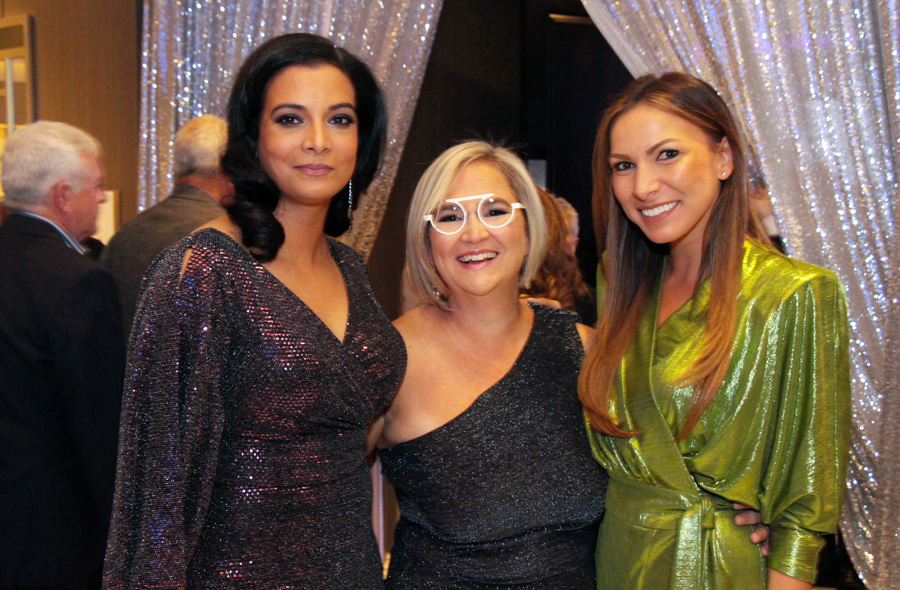
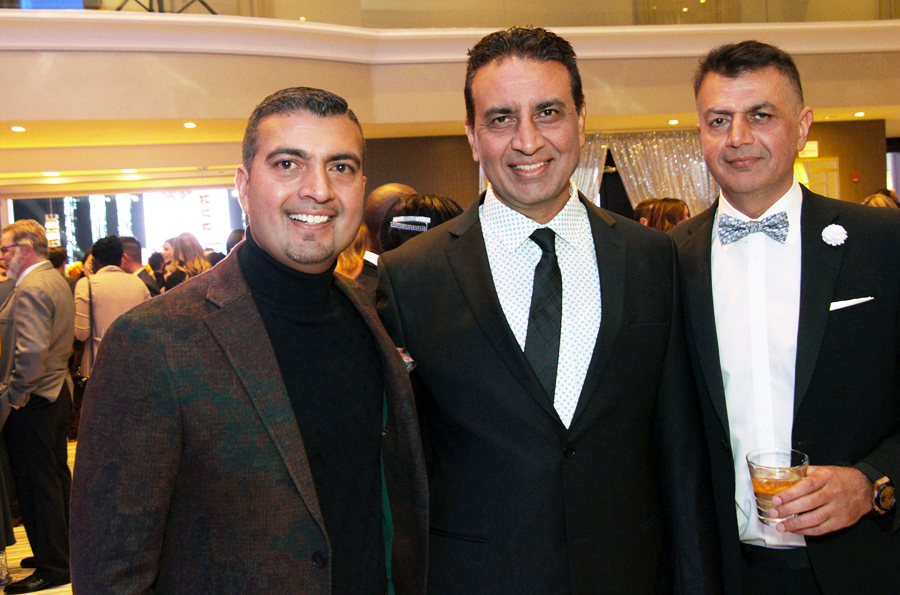

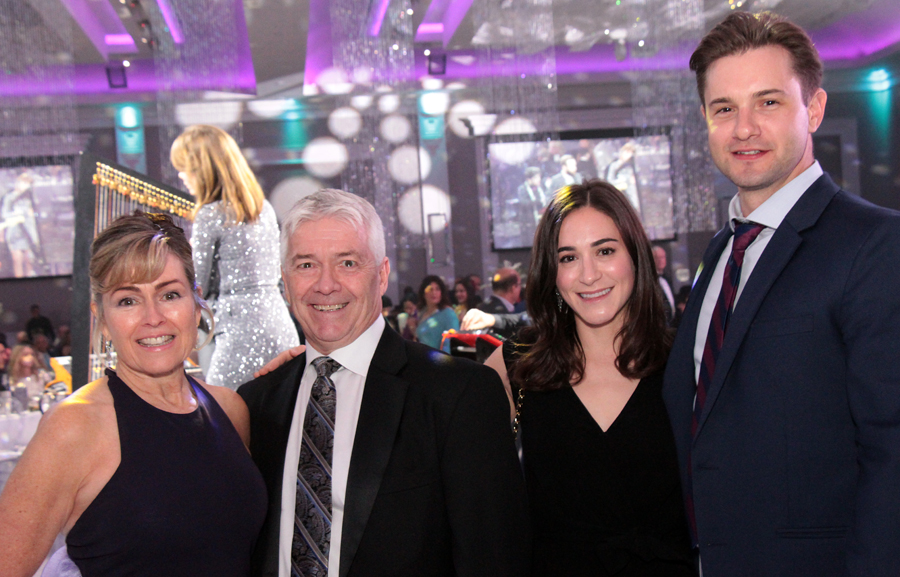
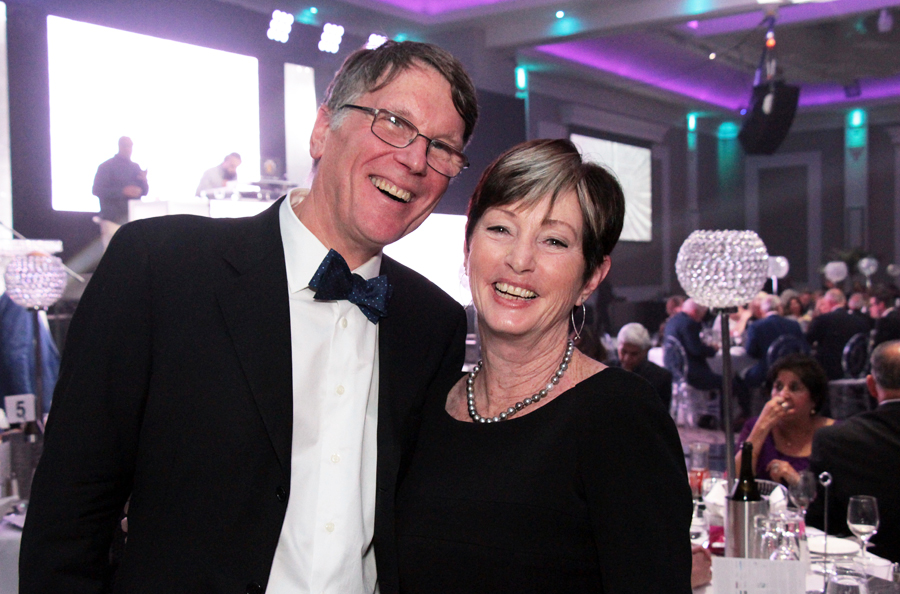


The dinner was emceed by TV host and professional speaker Derick Fage. The community can expect to see more of Fage now that he’s returned to his hometown of Ottawa, full-time, following the cancellation of Breakfast Television Montreal.
Richcraft owner Kris Singhal was there. So was Bruce Raganold, director of business development and a partner at Welch LLP. He was with his son, Josh Raganold, who recently joined the accounting firm as its business development manager.
During the cocktail reception, Riti Gupta and Sandeep Gupta were offering samples of their new tequila, Cada Dia. Other attendees included Dipak Roy, founder and executive chairman of D-TA Systems Inc.; Algonquin College president and CEO Claude Brulé; Dr. Sanjay Acharya, chief of staff at the Queensway Carleton Hospital; Ruckify’s chief financial officer, Sunny Khosla, and Ottawa Police Deputy Chief Uday Singh Jaswal.
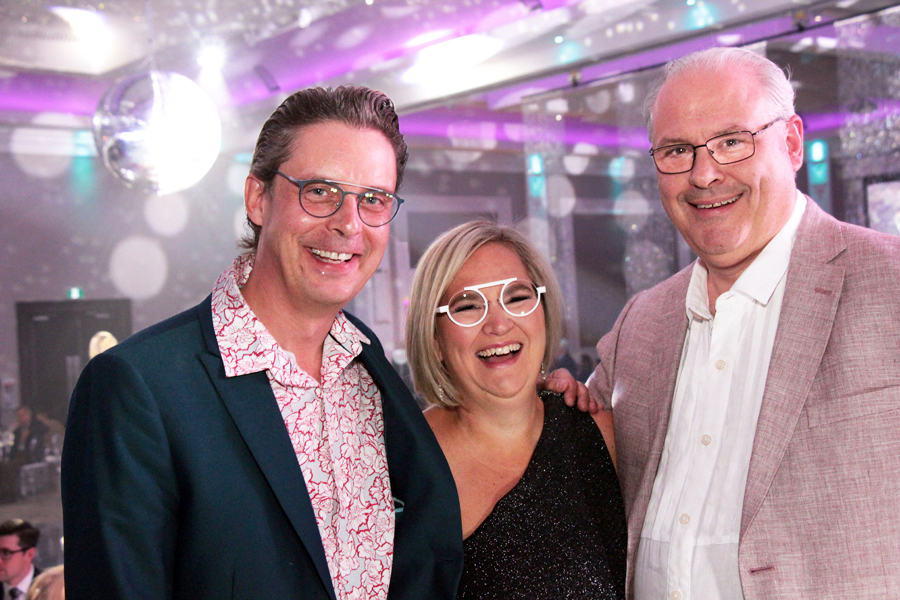

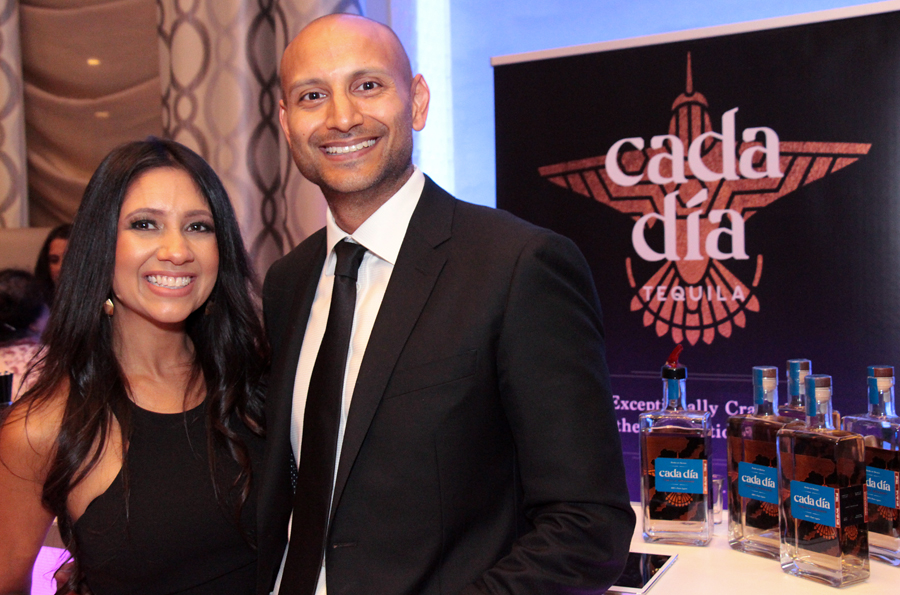
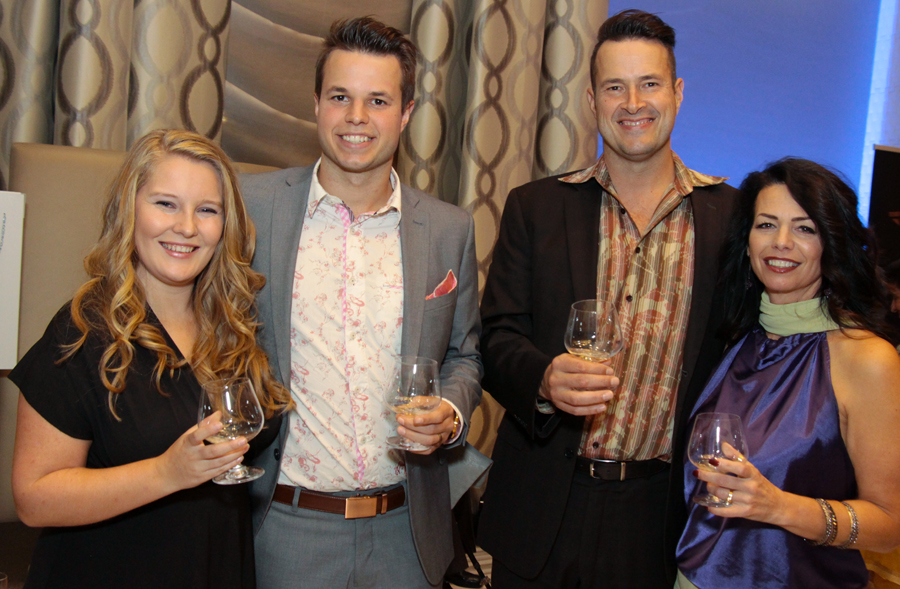
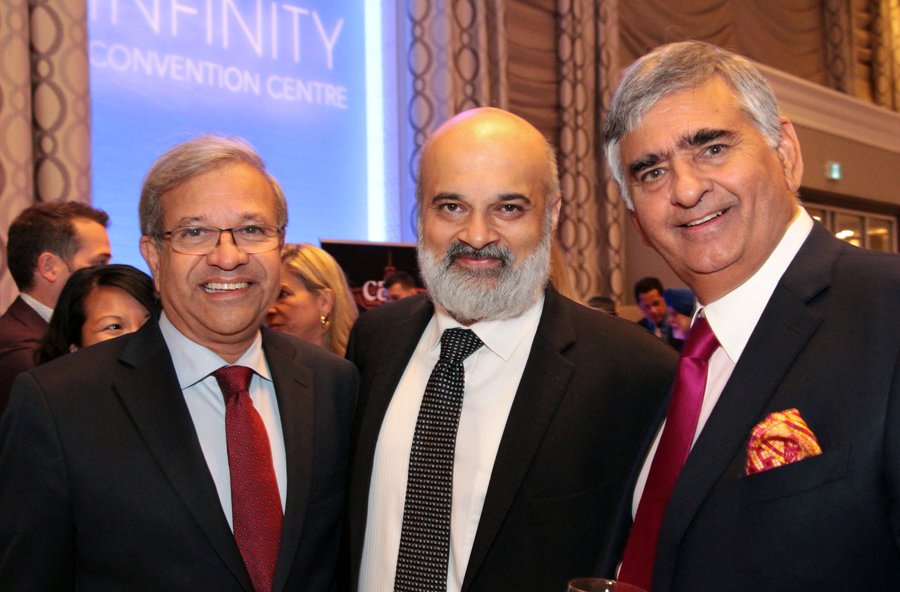
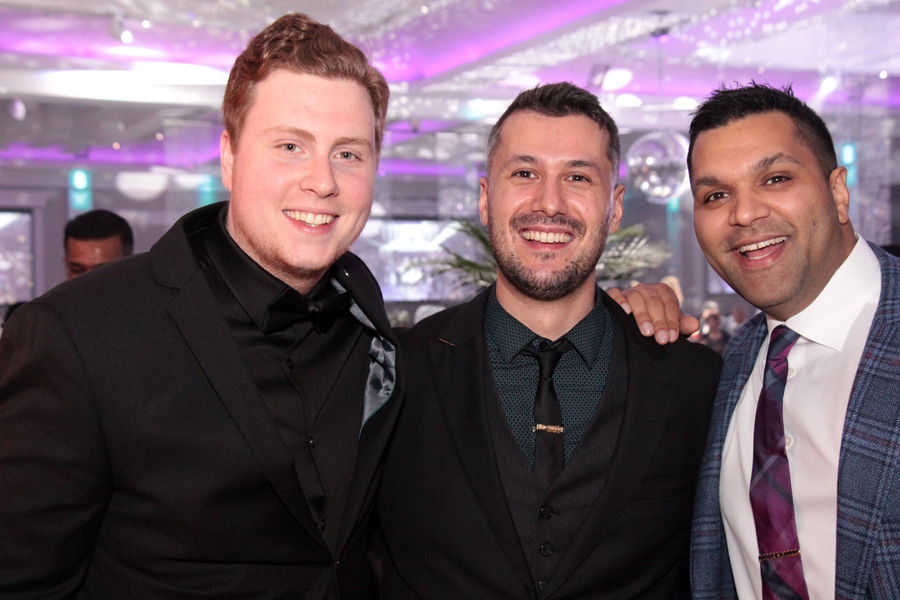
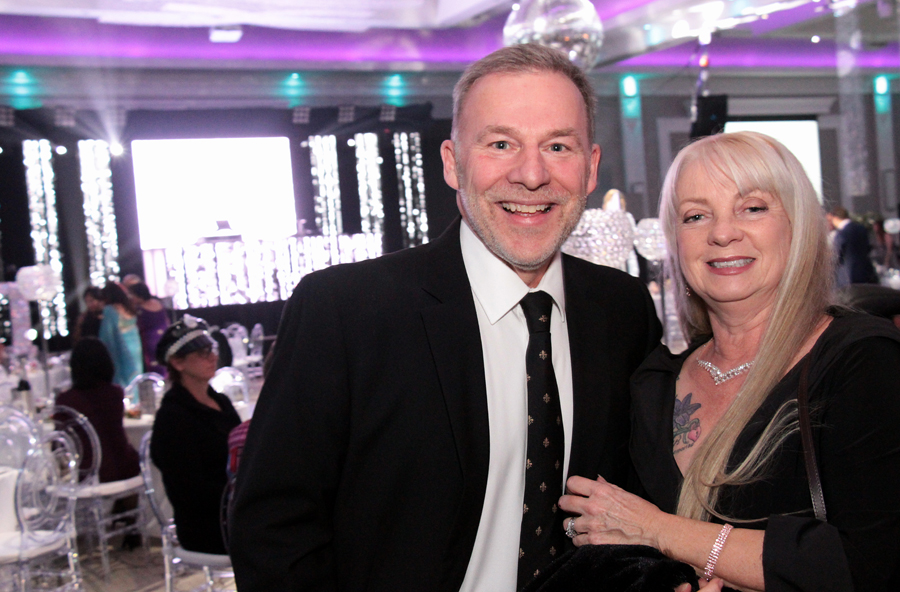


The evening’s keynote speaker was Dr. David Attwood, clinical director of The Royal’s integrated schizophrenia and recovery program. He began his remarks by pointing out that there was a full moon — which is widely believed to influence mood and psychiatric health.
“While we’re all having a great time here talking to each other, meeting old friends, making new friends, many of my patients don’t have this opportunity,” Attwood told the ballroom full of chatty dinner guests. “Not only that, even if they had the opportunity, they wouldn’t come because they could just not tolerate the stress and pressure of actually being here.”
About 250,000 people in tge Ottawa area suffer from a primary mood or anxiety disorder, he also told the room.
Attwood spoke about schizophrenia, a mental illness that affects about one percent of the population, and how its symptoms can arrive “without hesitation” in a young person’s life, with a loss of interest in friends, sports, school and family. “At The Royal, we struggle very hard to get some of those folks help as soon as possible,” said Attwood. “We know the sooner people get help, we know the better they do. Even though we know that, we’ve struggled for decades to provide people with the care that they need.”
Almost 30 percent of patients with schizophrenia do not get better with routine treatment, he pointed out.
“I think when people come to see me they think they’re at the end of the road. The Royal is not the end of the road. The Royal is this awesome place to get help. It’s a community.”
The Royal aspires to leave no one behind as patients struggle for recovery, but still has a long way to go before that’s a reality, he added.

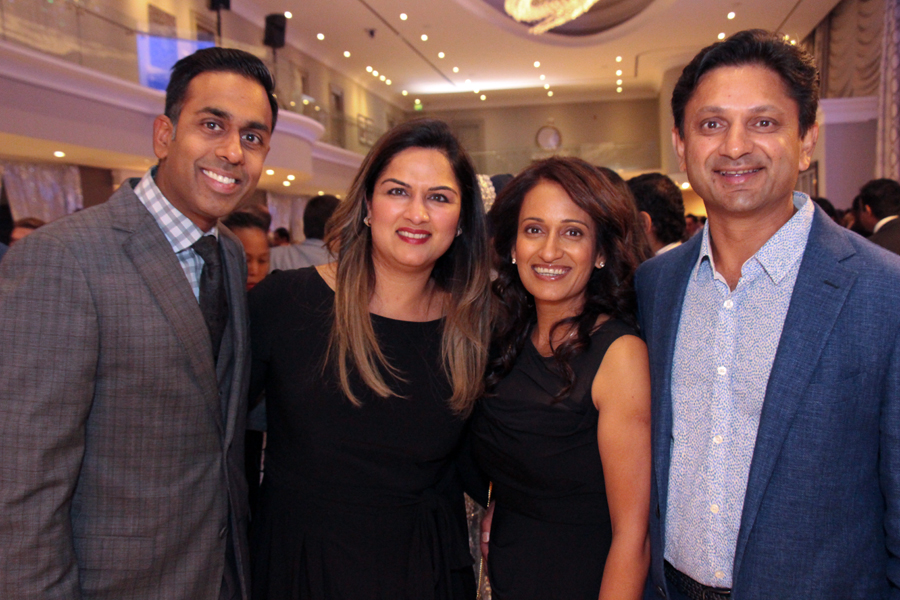
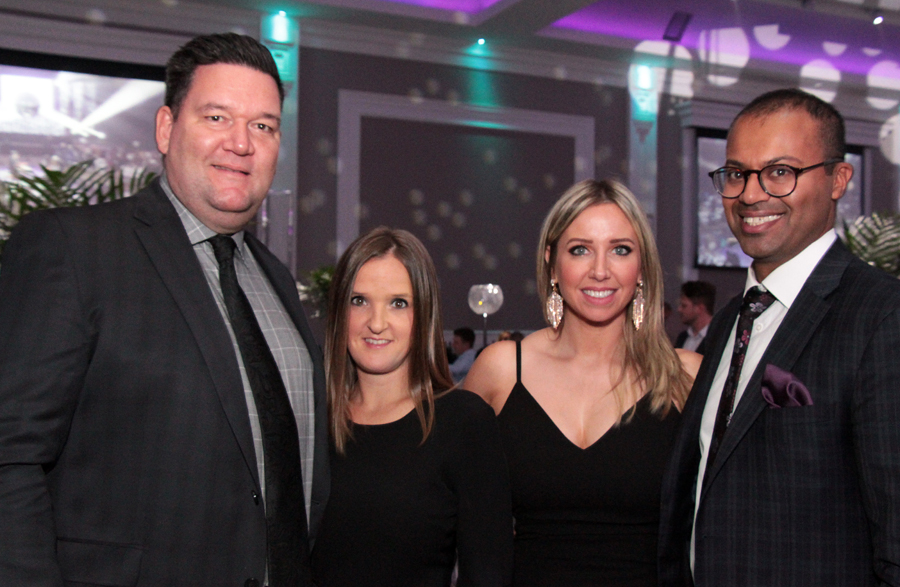
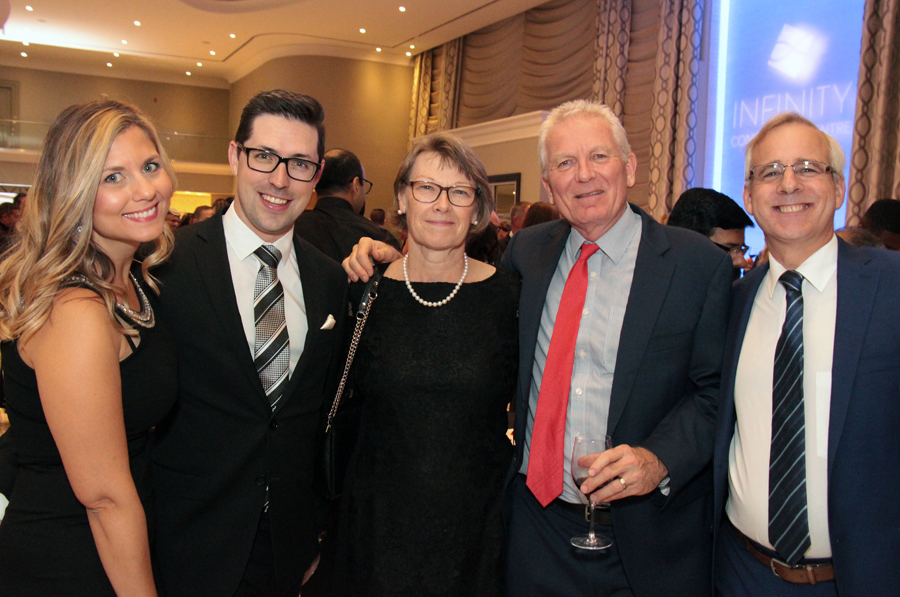
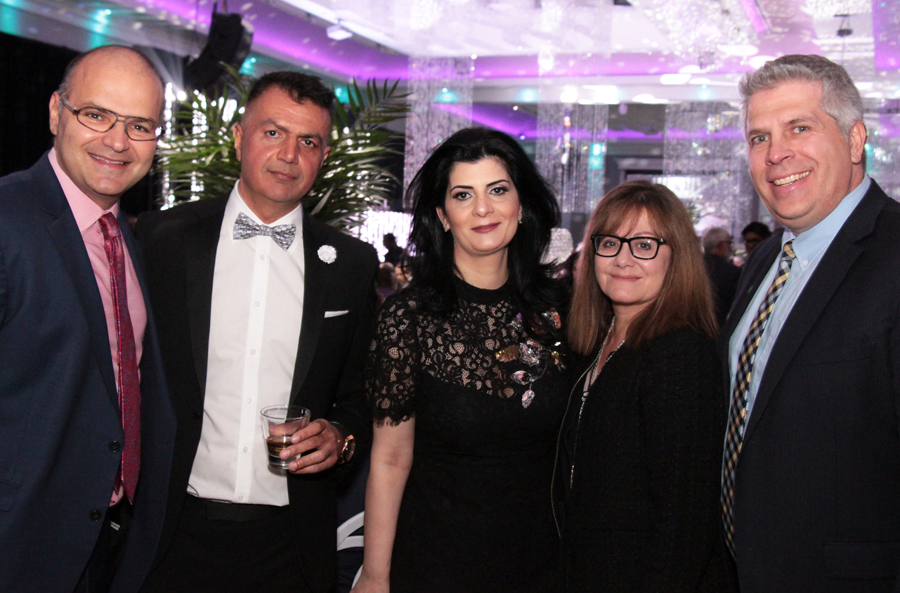

— caroline@obj.ca
